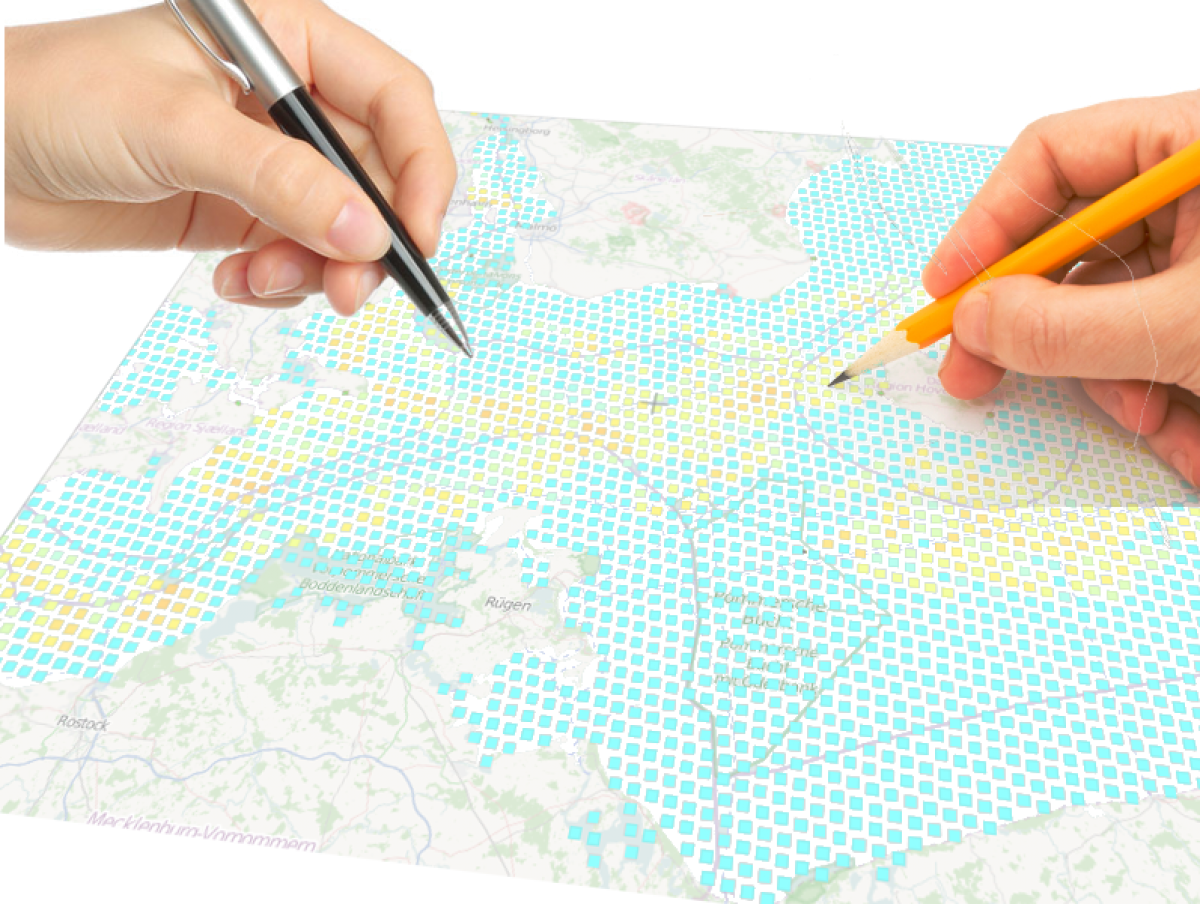 In relation to present simulations performed under the Baltic case study of the SOCIOEC project, the stakeholder feedback is expected to provide information on (and contribute to) what the stakeholders consider to be the most important risk factors in such spatial management. Furthermore, they are expected to contribute with information on how they plan to react to the spatial management measures in their short-term decision making (on a daily basis or at the trip level). For example, how they will react to increased fuel prices? Or how increase price is changing the choices of fishing grounds? Or how do fishermen react to some stocks with altered productivity? Or do they switch to another ground, fisheries, occupation, etc.? Or do they on a longer-term basis change their investment dynamics, exit from fishery, etc.?.) . Continue reading “Have your say on how spatial restrictions affect your fishing”
In relation to present simulations performed under the Baltic case study of the SOCIOEC project, the stakeholder feedback is expected to provide information on (and contribute to) what the stakeholders consider to be the most important risk factors in such spatial management. Furthermore, they are expected to contribute with information on how they plan to react to the spatial management measures in their short-term decision making (on a daily basis or at the trip level). For example, how they will react to increased fuel prices? Or how increase price is changing the choices of fishing grounds? Or how do fishermen react to some stocks with altered productivity? Or do they switch to another ground, fisheries, occupation, etc.? Or do they on a longer-term basis change their investment dynamics, exit from fishery, etc.?.) . Continue reading “Have your say on how spatial restrictions affect your fishing”
Month: May 2014
How spatial planning constrains cross-border fisheries: the bio-economic DISPLACE evaluation on the Baltic Sea
 With our approach we aim at modelling the interaction between fisheries and stock spatial dynamics and assessing the interlinked consequences on both the vessel economy and the viability and sustainability of the harvesting (including the issue of energy efficiency for greener fisheries). We explore alternative fishing effort allocation scenarios and management options. As such, we are designing a benchmark tool for conducting management strategy evaluations to capture short-term economic reactions from individual fisherman tactical decision-making.
With our approach we aim at modelling the interaction between fisheries and stock spatial dynamics and assessing the interlinked consequences on both the vessel economy and the viability and sustainability of the harvesting (including the issue of energy efficiency for greener fisheries). We explore alternative fishing effort allocation scenarios and management options. As such, we are designing a benchmark tool for conducting management strategy evaluations to capture short-term economic reactions from individual fisherman tactical decision-making.
In the growing marine spatial planning (MSP) legislative context, concurrent uses of the sea are constraining the possibilities of displacing each vessel´s fishing activities. These new constraints call for studies that would empower the fishing industry with the right tools and knowledge to engage in fair MSP dialogues. We should consider the impact assessment and scenario evaluation of wider marine cross-sector use, exploitation of the marine environment and competition for space in a spatial evaluation tool and our ongoing evaluation is precisely dedicated to investigating this aspect.
